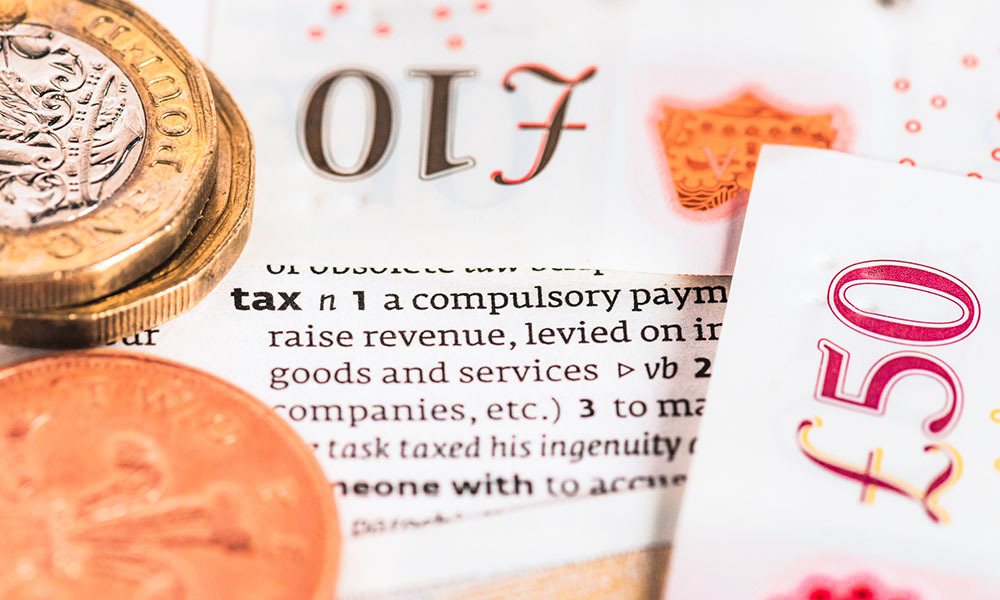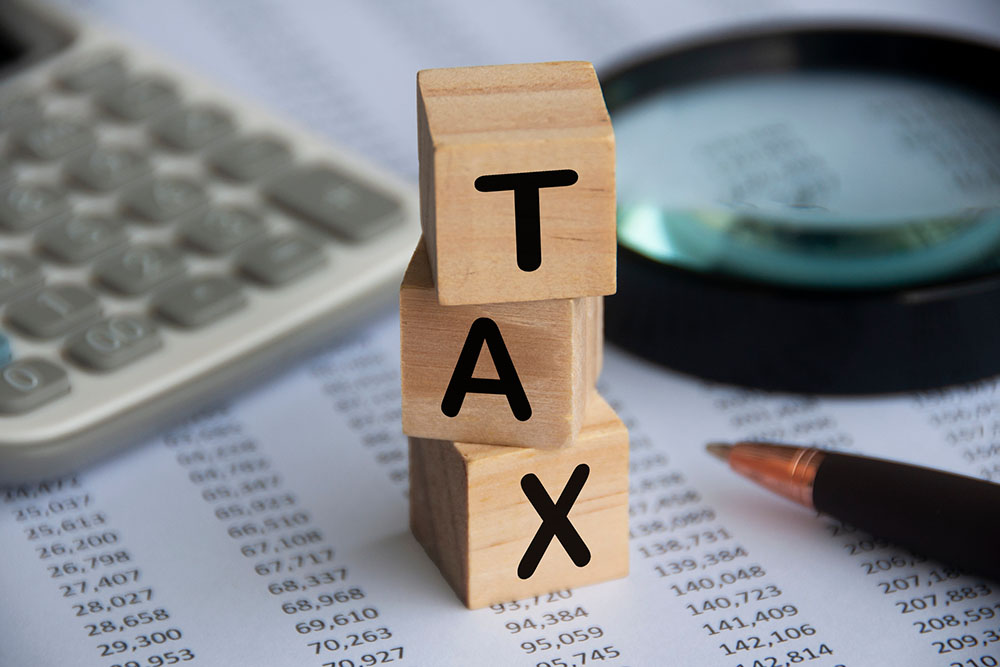Insights for women and pension planning in 2023
This content is for information purposes only and should not be taken as financial advice. Every effort has been made to ensure the information is correct and up-to-date at the time of writing. For personalised and regulated advice regarding your situation, please consult an independent financial adviser here at Castlegate in Grantham, Lincolnshire or other local offices.
Planning for retirement is unique to each person. Yet women tend to face common, distinct challenges which need addressing to secure their financial future in later life. In this post, our Grantham financial planners explain why women often lag behind with their pension plans and share ideas to help you prepare. We hope you find this content helpful. If you want to discuss your own financial plan with us, please get in touch to arrange a no-obligation financial consultation, at our expense:
01476 855 585
info@casfin.co.uk
Why pension planning is important for women
Women still have longer life expectancies than men. In 2017-19, men lived an average of 79.37 years in the UK, whilst women lived an average of 83.06 years. This means that women are more likely to need more pension savings to sustain them longer in retirement. However, there is still a gender pay gap in the UK, with the 2022 mean difference between men’s and women’s average hourly pay standing at 5.45% (the median is 9.71%). Lower pay, in turn, can result in lower contributions to women’s pension plans throughout their careers.
This is exacerbated further by career breaks. In general, women are still more likely to take time off work to care for children, and they are 7x more likely to engage in part-time work (partly due to caring duties). The challenges of pension planning can be even harder for single mums, whose income must be heavily diverted to their children’s financial well-being. Finally, career breaks and lower earnings can lower women’s National Insurance Contributions (NICs), which can result in a reduced State Pension later (since it is based on your NIC record).
Women and the State Pension
For mothers, expectant mothers or young women who may hope to be pregnant one day, it is wise to understand how having a baby could impact your State Pension – planning accordingly. In 2022-23, the full new State Pension is available to an individual over State Pension age when they have at least 35 “qualifying years” on their NIC record (you can check yours here, on the UK government’s website). Typically, NICs are paid automatically out of your wage through the PAYE system. However, what happens when you take time off work to care for a baby, and you are no longer receiving your normal wage?
In this situation, you can claim Child Benefit to not only support your income, but also to credit yourself with NICs until your youngest child is 12 (even if you are not earning a wage). However, many women are thought to be missing NI credits, potentially meaning they are losing out on £1,000s in owed State Pension. This might be because child benefit claims are in a partner’s name, or because of unclaimed Child Benefit. Make sure you do not forget your entitlement.
On a related matter, you may recall that, a few years ago, a women’s rights group (Waspi) lost an important appeal case in court. They argued against the government’s new requirement that women born in the 1950s should receive their state pension from age 66. As a result, many had to accept receiving their State Pension years later than expected. This helps to show that, whilst the State Pension is important to many women for their pension plan, you cannot fully rely on it to secure your retirement. Other savings and income sources will also likely be necessary.
How women can boost their retirement plan
In addition to your State Pension, speak to a financial planner about how you can maximise your own pension contributions (e.g. to a private and/or workplace scheme). Currently, as many as 12% of married women plan on relying on their partner’s pension when they retire. Yet this is fraught with risks, since it creates a significant financial dependency which could break down. In 2017 alone, over 101,000 opposite-sex couples divorced in England & Wales. Although assets are typically split in a divorce, divorced women can still end up worse off compared to married women in retirement. This might be because the husband’s pension is neglected in the divorce financial settlement, or due to difficulty in calculating the value of a pension (e.g. a final salary scheme, which is harder to assess compared to an asset like property).
Women – even if in a happy, committed relationship – can help protect themselves by having a stake in their own retirement finances. If you have opted out of a pension scheme (e.g. at work), then consider opting back in to benefit from the tax relief available on your contributions. Your employer might even offer a “match scheme”, putting more into your pension if you also do so. Consider starting as early as possible in your career, since this gives more time for your pension savings to grow from compound interest. If you have delayed your retirement plan, however, do not believe that it is too late to start planning and taking positive steps. Speak with a financial planner to discuss your options and access the best information you need.
Conclusion & invitation
If you are interested in discussing your own financial plan or investment strategy with us, please get in touch to arrange a no-commitment financial consultation at our expense:
01476 855 585
info@casfin.co.uk












